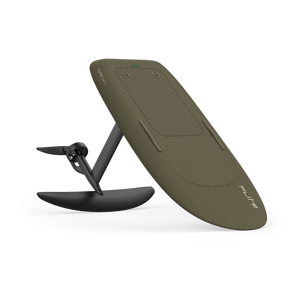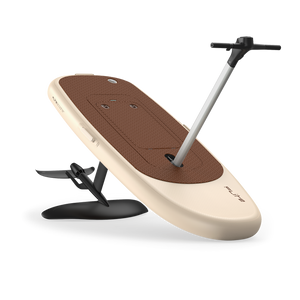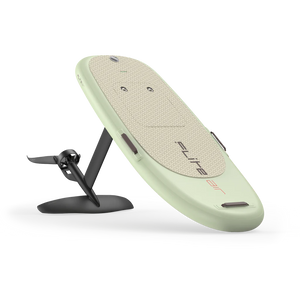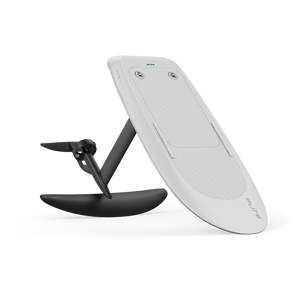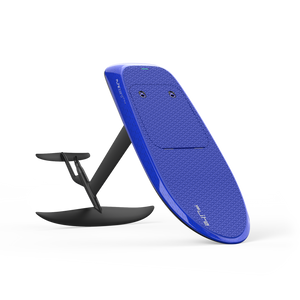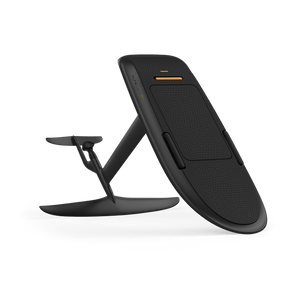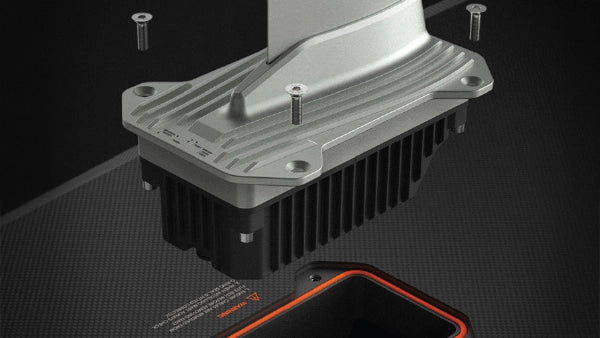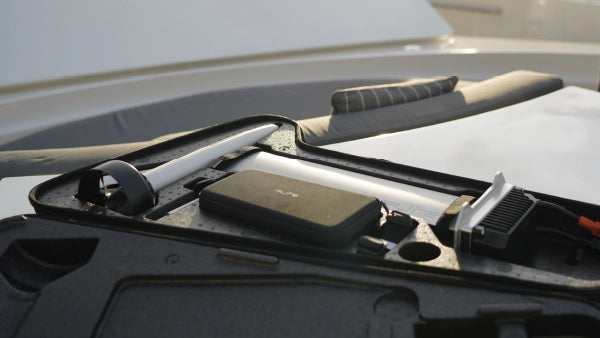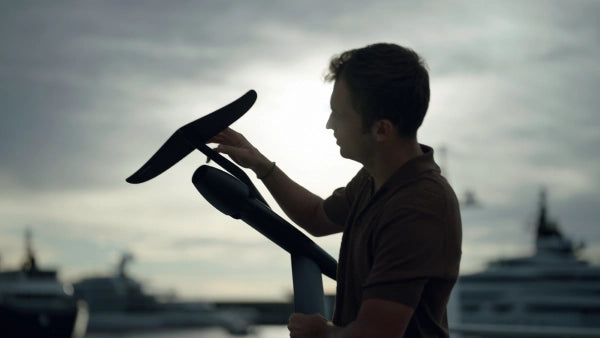Do eFoils need to be registered?
The answer to this question is: it depends. eFoils are an exciting way to experience the water, blending the thrill of surfing with the power of a motor. However, as with any motorized watercraft, eFoils come with a range of regulations that vary depending on where you plan to use them. In many places, you’ll need to register your eFoil, but the rules are far from uniform. Understanding these requirements is essential to avoid fines or other legal complications.

Varying regulations across regions
The regulatory landscape for eFoils can be quite complex, as rules change from one place to another. In some regions, eFoils fall under the same category as small boats or personal watercraft, while in others, they might not fit neatly into any pre-existing category. This means that whether you need to register your eFoil depends largely on your location, and in some cases, even on the specific body of water you’re using.
In USA, regulations for eFoils vary between states as some classify eFoils as watercraft, with different licensing and registration requirements that even stipulate the type of Life Vest (Personal Flotation Device) required.
*For example:
- In California, eFoils are considered vessels, and you must register them with the California Department of Motor Vehicles (DMV). You can find more details on the registration process here.
- In Florida, all motorized watercraft, including eFoils, must be registered with the Florida Fish and Wildlife Conservation Commission (FWC). You can access the relevant information here.
- In New York, eFoils must be registered with the New York State Department of Motor Vehicles if used in state waterways. For more information, visit their page here.
It’s important to check your state's specific requirements, as regulations may differ. In some regions, not only the eFoil but also the rider may need to meet age or safety certification requirements. Ignoring these rules can lead to fines or even confiscation, so it's always best to verify the regulations before taking your eFoil out on the water.
Why registration is important
Many places consider eFoils to be personal watercraft or small boats, which means they must be registered similarly. This is often due to safety concerns and the need to identify the operator in case of accidents. Registration also helps regulate the use of motorized vessels in protected areas, ensuring that they don’t harm marine environments or disturb wildlife.
Even when registration isn’t required, checking with local authorities is always a good idea. Rules can change as more people adopt eFoils, and what’s permissible today may be restricted tomorrow. Even if you are compliant with a state's regulations, certain waterways within the state may prohibit the use of all watercraft or motorized watercraft. It’s always best to check with your local authority where you plan to ride. Certain states may require not just the eFoil to be registered, but also the rider, so if you plan to let your friends or family borrow your eFoil, we suggest researching local laws.

Best practices for eFoil owners
Given the varied regulations around the world, the best practice is to research the specific requirements in your location. Before heading out on the water, check with your local marine authority or boating safety office to see if your eFoil needs to be registered and whether you need a boating license. This is especially important if you’re traveling with your eFoil, as rules in one area may not apply in another. You can also look for information and ask questions at local eFoil/Fliteboard groups and community forums on Facebook.
In conclusion, while the need to register an eFoil isn’t universal, it’s common in many places. Taking the time to check local regulations ensures you can enjoy your ride without worry.
*The information mentioned here is a reference guideline only - please confirm with each regulatory body for the official requirements.
